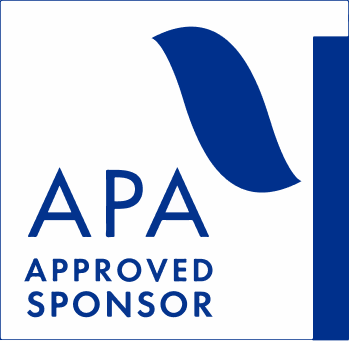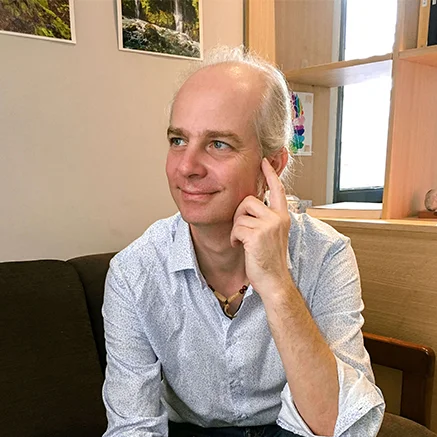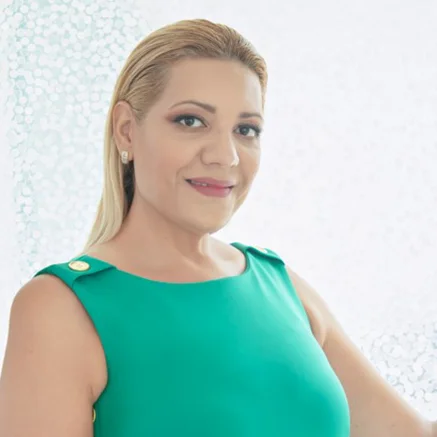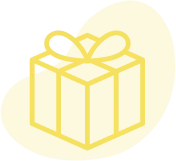Level 3
Practice Series
Learn to apply clinical and ethical protocol to assess, diagnose, and treat the abuse and trauma.
Application Deadline

Faculty

Dr. Omar Minwalla
Psy. D.
Licensed Psychologist & Clinical Sexologist
Dr. Omar Minwalla is a Licensed Psychologist and Clinical Sexologist trained at … Read More
Level 3: Practice Series
Understanding the Psychological Abuse, Victimization, and Trauma associated with Infidelity and Compulsive Sexual Behavior
The course articulates core skills and competencies that may be used in clinical practice with patients seeking help for infidelity, psychological abuse disorder, compulsive sexual behavior, and trauma and stressor-related disorders. This course is designed to provide a set of skills and competencies which professionals can then practice and develop over time to integrate into their work with patients. This level of professional education provides professionals the opportunity to learn about Intentional Vibe Theory, a grounded theory and way of approaching and treating systemic abuse, injustice and complex trauma sequences developed by Dr. Minwalla.
Module 6
Practical Skills and Competencies
The course articulates core skills and competencies that may be used in clinical practice with patients seeking help for infidelity, psychological abuse disorder, compulsive sexual behavior, and trauma and stressor-related disorders. Using a five-stage treatment model for deceptive sexual and trauma treatment (DSTT), the course reviews the structured clinical forms related to assessment, diagnosis, and treatment planning for the abuser, the victim-survivors, and the abusive-injured relationship(s).
Dr. Minwalla introduces professionals to his grounded theory of Intentional Vibe Trauma Treatment (IVTT), designed specifically for the treatment of systemic abuse, injustice, and complex traumatic sequences. Professionals will learn, discuss, and practice skills related to cultivating specific intentional clinical frequencies, which inform therapeutic conditions, the therapeutic container, and the interpersonal dynamic between professional and patients. Professionals will also practice how to conduct specific psychoeducation used for clinical stabilization, and develop skills related to psychoeducation with male abusers, intimate partners and women, and injured relationships. Professionals will also be introduced to theory and skills related to clinical metabolization and learn critical methodology to facilitate healthy processing and integration of abuse and trauma experiences.
Day 1: Using Structured Clinical Forms
Learning Objectives: At the completion of the program, participants will be able to:
- Practice via role play using structured clinical assessments with the abuser, the victim, and the relationship(s).
- Practice via role play developing cognitive-behavioral plan for the psychological abuse disorder with the abuser.
- Practice how to conduct a cognitive-behavioral analysis specific to target behavior.
- Practice utilizing a daily scan and treatment scan and how to teach patients how to complete and utilize.
- Practice formulating and completing a comprehensive assessment and evaluation for deceptive sexuality and trauma-related disorder, including the etiological factors in an organized diagnostic and clinical model.
Day 2: Applying Intentional Vibe Trauma Treatment
Learning Objectives: At the completion of the program, participants will be able to:
- Define and explain how to create therapeutic space, and the three primary intentional clinical frequencies and the use of ATC.
- Define abuse-victim-trauma existing reality (AVT-ER).
- Define and explain the 35-tasks of dealing and healing with abuse-victim-trauma-existing realities.
- Define, explain, and discuss the postulate and role of intentionally manipulated reality (IMR) versus intentionally accurate-authentic reality (IAR) and how this applies to deceptive sexuality and trauma related disorders.
- The roles of the triadic core in treating trauma and abuse disorders.
- Define and explain the role of bottom-up, right brain, metaphor therapy, the human voice and silence as facets if clinical curation.
- Practice metabolization methods and techniques that promotes healthy integration.
- Practice instructing and then facilitating a right brain exercise.
- Discuss developing a professional community and advancing DSTT and IVTT as transformational social justice movement.
Day 3: Integrating Deceptive Sexuality and Trauma Psychoeducation
Learning Objectives: At the completion of the program, participants will be able to:
- Practice teaching the Iceberg Diagram.
- Practice teaching the Covert Phase (Rooms 1-3) and patient exercises.
- Practice teaching the Exposure Phase Injuries and patient exercises.
- Practice teaching the Symptom Progression Phase and patient exercises.
- Integrate psychoeducation into individual and group psychotherapy.
- Practice techniques and methods for processing psychoeducation.
- Practice using the workbooks with abusers and victims and developing curated curriculum.
Application Deadline

Faculty

Dr. Omar Minwalla
Psy. D.
Licensed Psychologist &
Clinical Sexologist
Dr. Omar Minwalla is a Licensed Psychologist and Clinical Sexologist trained at … Read More

Trish Haight, LMFT
Licensed Psychotherapist
Trish Haight, LMFT is a certified Deceptive Sexuality and Trauma Therapist (DSTT), …Read More

The Institute for Sexual Health (ISH) is approved by the American Psychological Association to sponsor continuing education for psychologists. The Institute for Sexual Health maintains responsibility for this program and its content.







